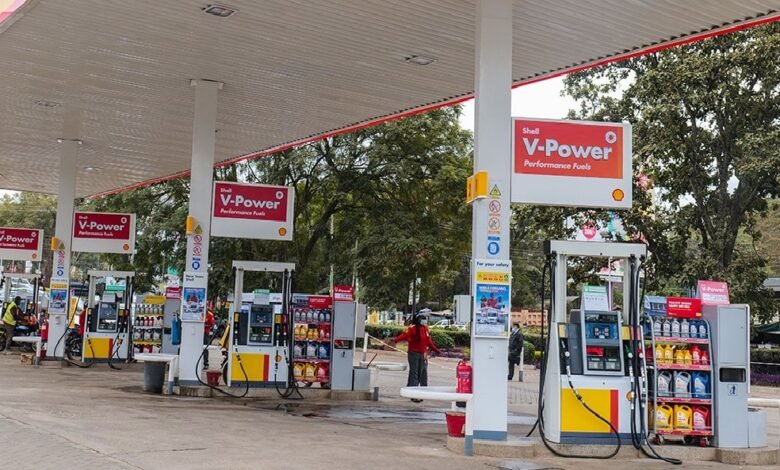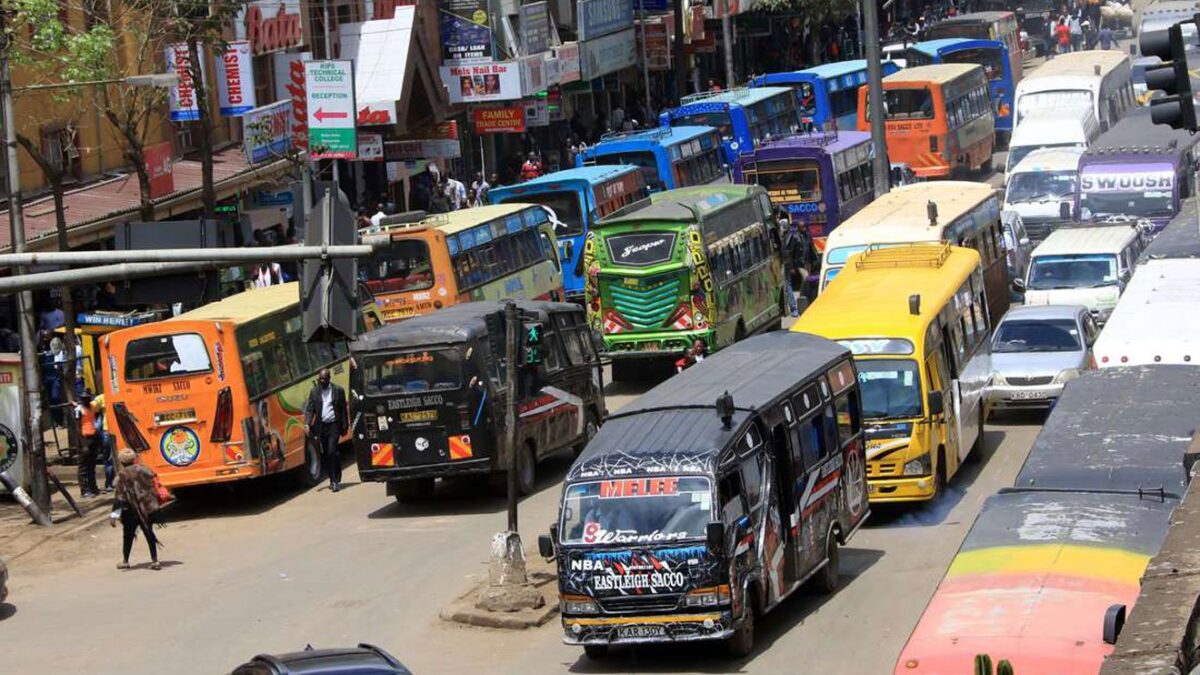
Following the explosive revelations from Tanuki Garage’s independent Nairobi fuel quality test, Vivo Energy Kenya has found itself in the midst of a growing public relations nightmare. After the initial outrage over Shell V-Power’s subpar performance compared to regular petrol, Vivo’s attempt to manage the crisis has only deepened public frustration, raising questions about corporate accountability and transparency in Kenya’s fuel industry.
Vivo’s PR Misstep: Deploying Influencers to Discredit Evidence-Based Claims
In an apparent damage control effort, Vivo Energy Kenya engaged a number of social media influencers to challenge the credibility of Kim JH’s viral fuel quality test video, which had shown clear evidence of regular petrol outperforming the premium-priced Shell V-Power. The influencers flooded platforms like X (formerly Twitter), dismissing the validity of the octane testing device used in the video and urging the public to trust data from “certified laboratories” instead.
However, this strategy backfired spectacularly. Kenyans, especially motorists who regularly purchase V-Power, quickly saw through what they perceived as a coordinated attempt to undermine independent scrutiny. Many criticized Vivo for focusing on discrediting the test rather than addressing the core issue: the discrepancy in fuel quality. The fact that some influencers had little to no expertise in automotive matters only fueled the outrage, with comments mocking Vivo for using “nutritionists to explain fuel performance.”
Public Outcry: “You Can’t PR Your Way Out of Evidence”
The backlash was swift and fierce. Social media users called out Vivo Energy for “regurgitated tweets” and questioned the authenticity of the influencers’ posts, many of which shared identical wording. This perceived lack of authenticity further eroded public trust. Users demanded transparency, with one post stating, “No one wants to read your tests. A video would be more believable.”
The frustration wasn’t just about the fuel quality anymore – it was about how Vivo chose to handle the crisis. Kenyans felt insulted by what they described as “poor crisis communication,” accusing the company of attempting to manipulate public perception rather than engaging honestly with concerned consumers.
Vivo Energy’s Second Response: More Damage Than Control
Facing mounting pressure, Vivo Energy Kenya released a follow-up statement, presenting results from tests they claimed were conducted at six Shell service stations. The report, which showed Shell V-Power meeting a Research Octane Number (RON) of 95, was accompanied by scanned documents from Intertek Testing Services.
Instead of quelling the outrage, this move intensified public skepticism. Many questioned the credibility of tests conducted and controlled by the same company under scrutiny. The lack of video evidence documenting the testing process further fueled doubts. Critics argued that lab reports could easily be manipulated without independent oversight.
One user summed up the sentiment: “If you are so certain that it can’t be altered, why did you do the test? How do you trust the same adulterers to do the quality tests?”
Lessons in Crisis Management: What Vivo Got Wrong
Vivo Energy Kenya’s response to the Shell V-Power scandal highlights critical failures in crisis communication:
- Underestimating the Power of Authentic Evidence: The public trusted Tanuki Garage’s video because it showed the testing process transparently. Vivo’s text-heavy reports, without accompanying real-time evidence, lacked the same impact.
- Poor Choice of Messengers: Deploying influencers with no automotive expertise was disingenuous, making the campaign seem more like damage control than genuine concern.
- Failure to Address the Root Issue: Instead of acknowledging potential issues and committing to thorough, transparent investigations, Vivo focused on discrediting the whistleblower.
Where Does This Leave Kenyan Consumers?
The Shell V-Power controversy has done more than just dent Vivo’s reputation – it has sparked a national conversation about consumer rights, corporate accountability, and the role of regulatory bodies like the Energy and Petroleum Regulatory Authority (EPRA), which remains conspicuously silent.
As the dust settles, one thing is clear: Kenyan consumers are no longer passive. They demand transparency, accountability, and respect. For companies like Vivo Energy, the lesson is stark – authenticity and honesty are the cornerstones of trust. Without them, no amount of PR can repair the damage.






